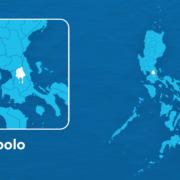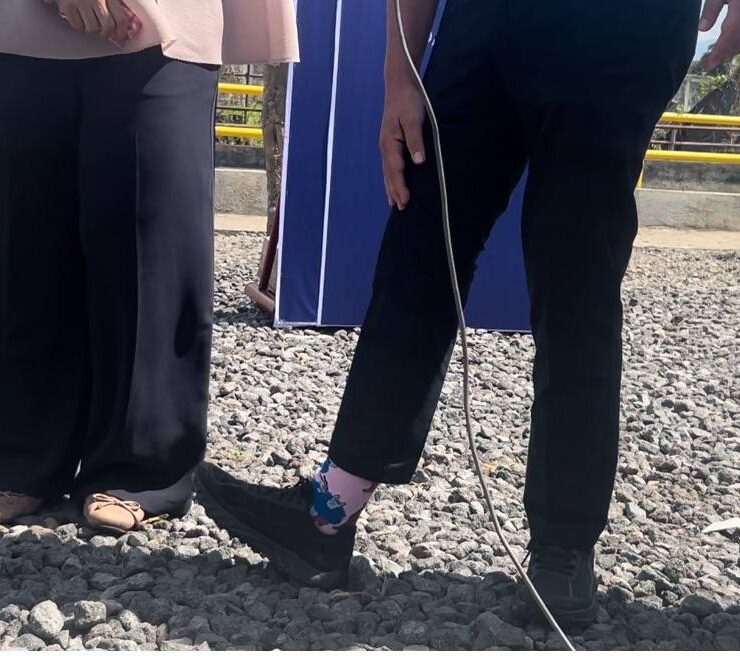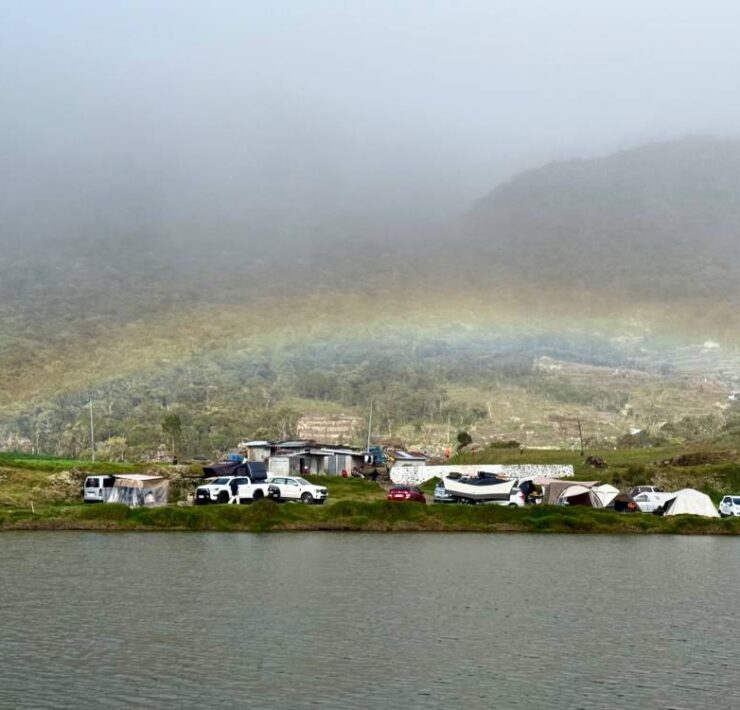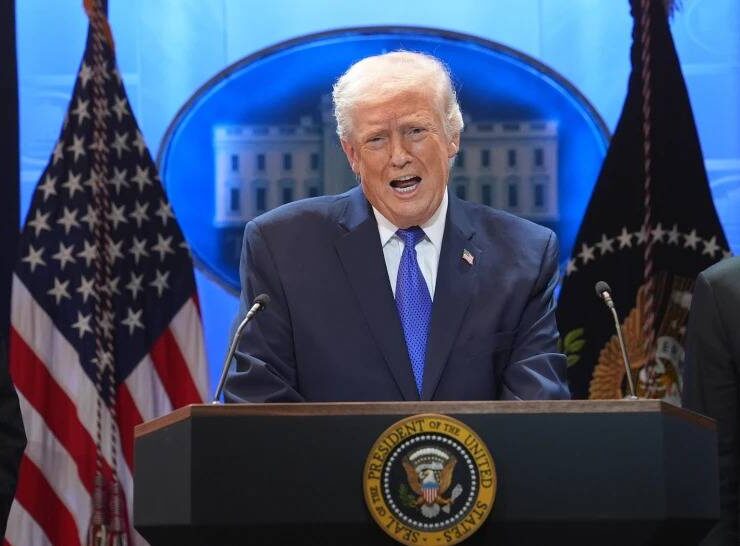Maharlika gets P 22.2-B fund for first-year investments
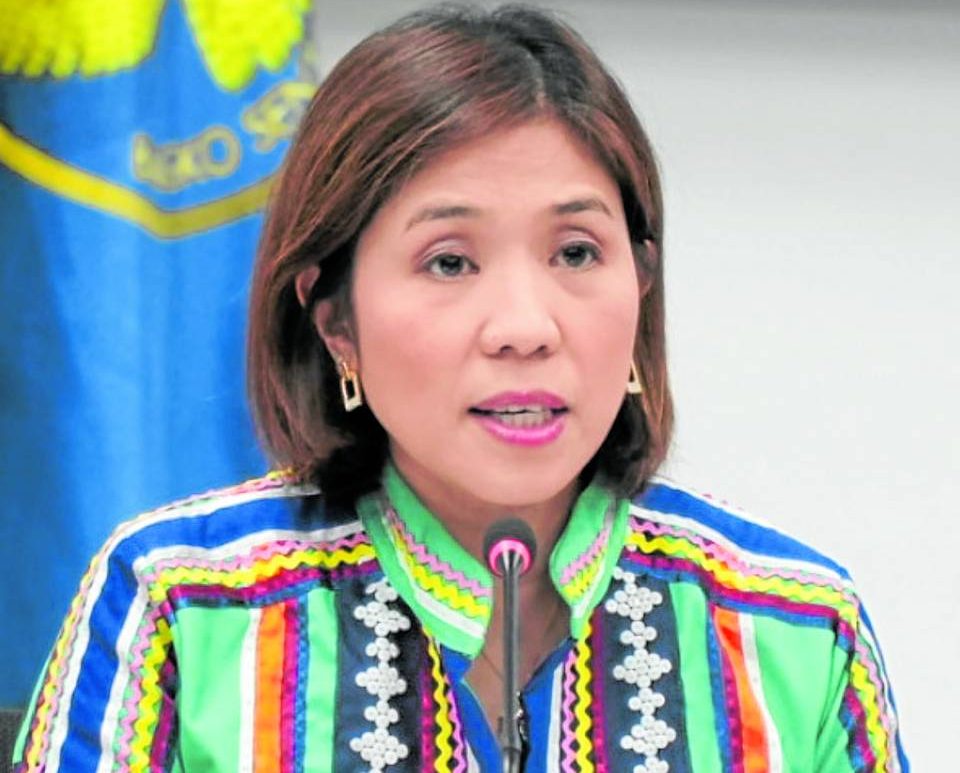
Maharlika Investment Corp., (MIC) the state-run company that manages the Philippines’ P125-billion sovereign wealth fund, has secured a P22.2-billion budget from the government for its investment commitments in 2024, its first year of operation, Budget Secretary Amenah Pangandaman said.
The amount was lower than the proposed P36.6-billion corporate operating budget (COB) that MIC submitted to the Department of Budget and Management (DBM) for fiscal year 2024, according to figures provided by the DBM to the Inquirer this week.
MIC President and CEO Rafael Consing Jr. told reporters earlier that the budget it sought from the DBM represented “the amount of [investment] commitments that we can make this year.”
“So hopefully, we’ll be in a position to do that by the fourth quarter. At least not necessarily deploy, but commit,” Consing said.
“Because the reality is that you can’t really deploy until you’ve gone through all the diligence et al. So perhaps the deployment might occur in 2025, I think. But the commitments will all be made this year,” he added.
Difference explained
Explaining the P14 billion difference between the P22.2 billion approved and the P36.6 proposed spending plan of MIC, Pangandaman told the Inquirer that MIC initially only requested around 60 percent of a P36.1-billion dedicated to capital outlays from its total planned spending for 2024.
The “implementation readiness” of MIC accounts for its initial funding request, she said, referring to the capacity of the corporation to invest the requested amount this year.
The difference was also due to a P4.5-million “miscomputation” of budget for honoraria and per diem, as well as P615,000 “overprovisioning” for travel expenses, Pangandaman said.
Major funders
MIC belatedly requested for approval of the remaining 40-percent capital outlay, but by the time it did, the proposed COB was already approved by the DBM together with the company’s proposed operating expenditures and investments.
”MIC may request for the approval of a supplemental COB until Sept. 30, 2024,” the budget chief said.
Asked about the source of funds for MIC’s investment budget, Pangandaman said the money will partly come from its corporate income.
Consing earlier said that MIC was expected to record its first ever profit this year from interest income and dividends from its investees, or companies that Maharlika would be investing in later this year.
Pangandaman added that MIC’s investment funds would also come from the seed money from its major funders—state-run Land Bank of the Philippines (Landbank), Development Bank of the Philippines (DBP) and the national government.
Last September, Landbank and DBP remitted to the Bureau of Treasury their combined P75-billion contribution, representing 60 percent of the P125-billion initial capitalization of MIC. The rest of the money came from the national government, mainly from Bangko Sentral ng Pilipinas dividends, state share in the earnings of the country’s gaming regulator, proceeds from privatization, royalties and other sources.
Limited exposure
MIC has an authorized capital of P500 billion.To ensure that the resources of the sovereign wealth fund would be distributed “accordingly,” Consing said that MIC would limit its exposure to each sector it would invest in by 15 percent.
If equally apportioned from the P22.2 billion approved by the DBM, MIC would be investing about P3.3 billion per sector.
Consing previously said MIC was poised to make its first investment by the end of the year in renewable energy, but he did not say whether it would be in wind, solar, geothermal or other renewables, citing confidentiality.
MIC could participate in public-private partnership (PPP) projects by cofinancing those that are experiencing delays for whatever reasons, he said without elaborating.Apart from renewable energy, Consing earlier identified agroforestry, “industrial urbanization,” mineral processing, tourism, transportation and aviation as sectors for possible investment.
BCDA projects eyed
Last Monday, MIC signed a memorandum of understanding with the Bases Conversion and Development Authority (BCDA) to explore potential developments in five key projects with a total funding requirement of $4 billion. He also declined to specify the projects and provide details.
“As soon as they (BCDA) need it we should be prepared. We are ready. We already got our approval from the DBM,” Consing said.
Among the BCDA projects that will be explored by MIC are the expansion of Clark International Airport, which includes the construction of another runway, taxiways, aprons and landside access roads and utilities; affordable housing in New Clark City; Clark integrated public transport system; Poro Point seaport modernization program; Clark central business district; solid waste management and waste-to-energy in New Clark City.
Much-criticized
The law establishing the Philippine sovereign wealth fund was signed by President Marcos in July last year over the opposition to its creation.
Critics said it was ill-timed amid the stubbornly high inflation and the absence of surplus state resources typically needed for such a fund. Others said the money from Landbank and DBP would have been better used to support agricultural production and rural development per these banks’ mandates. The appointment of the members of the MIC board of directors was completed late last year. They held their first meeting last January. INQ













